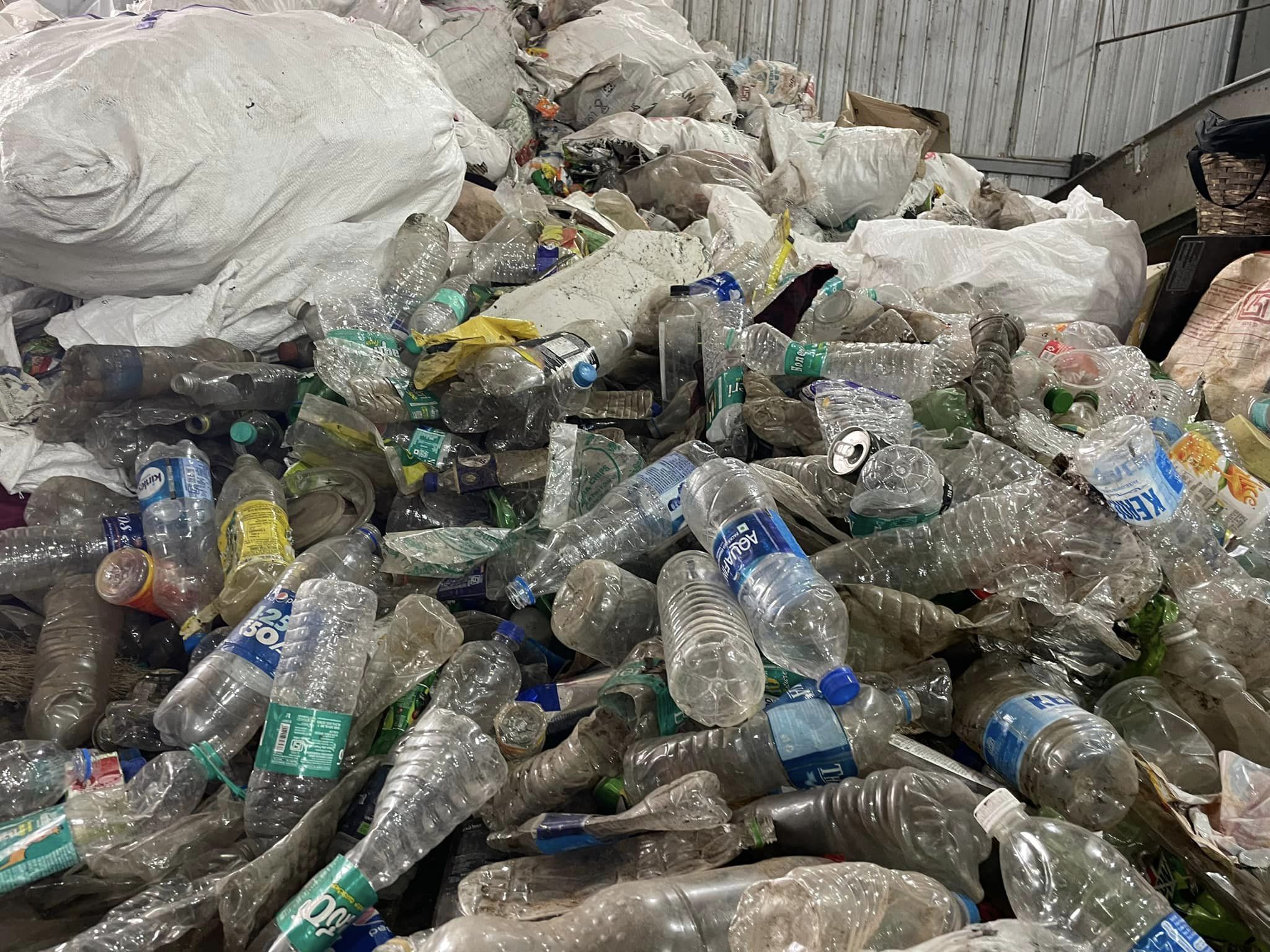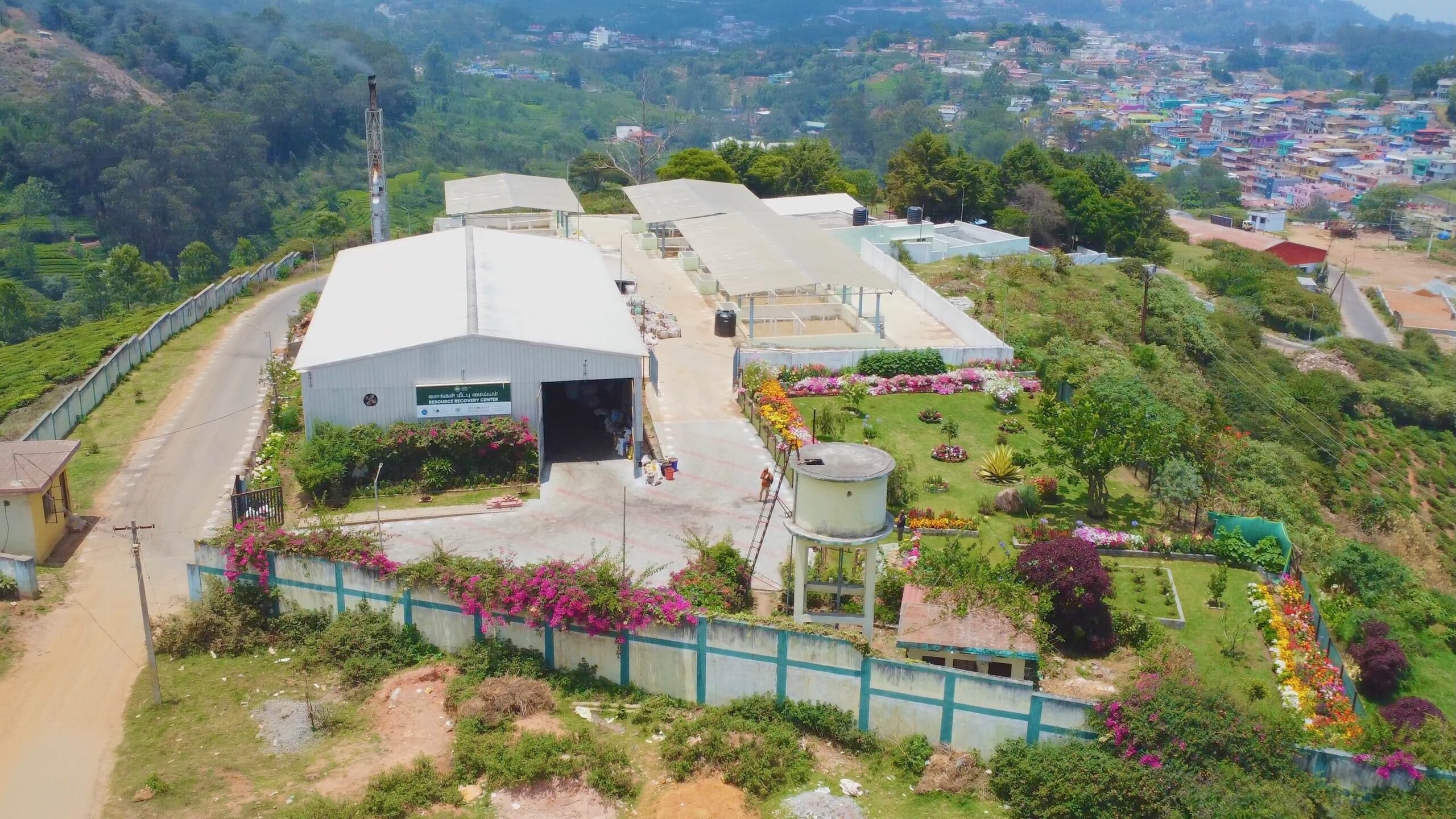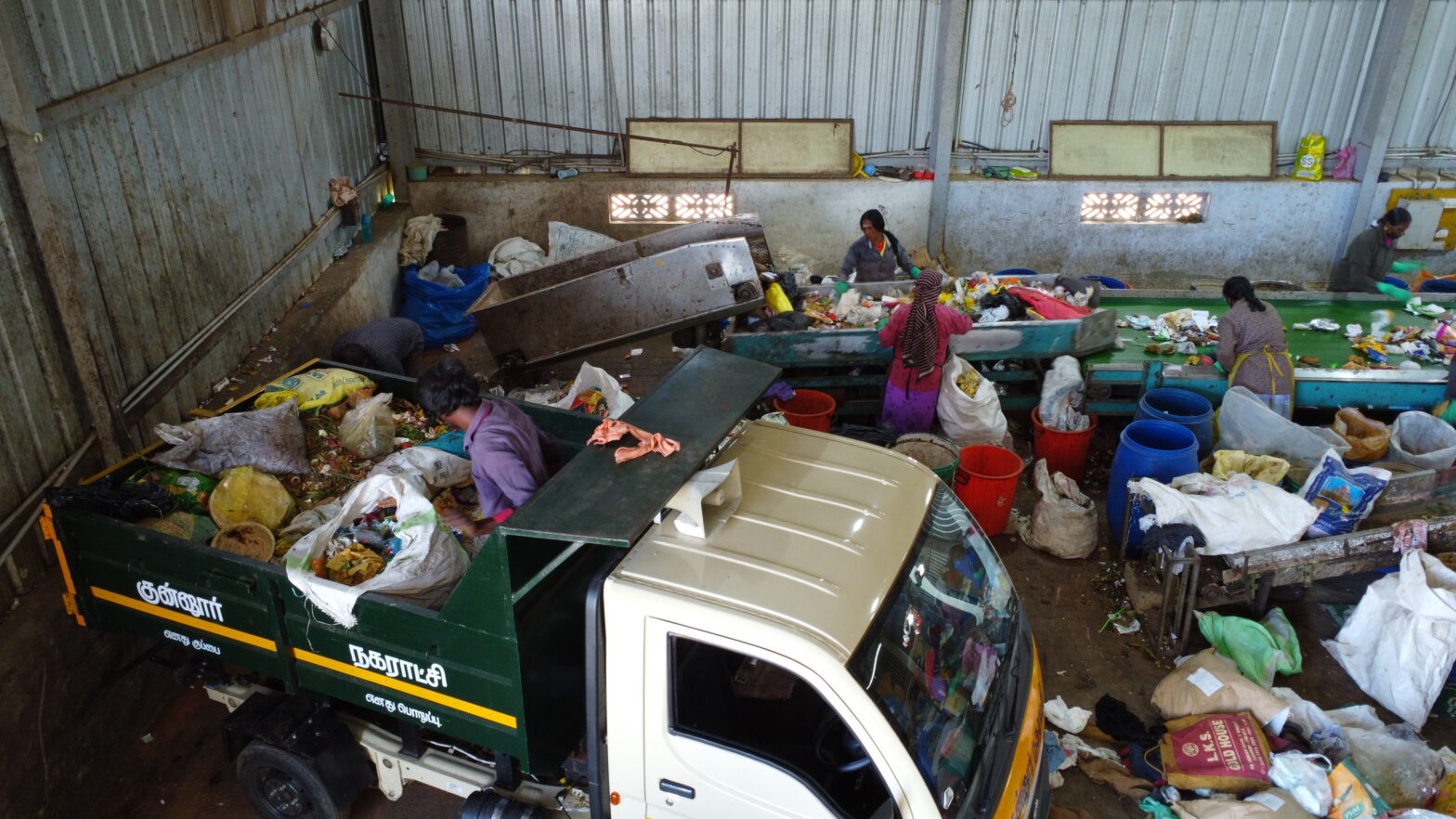Poor waste management – ranging from non-existing collection systems to ineffective disposal -causes air pollution, water and soil contamination. Open and unsanitary landfills contribute to contamination of drinking water and can cause infection and transmit diseases. The dispersal of debris pollutes ecosystems and dangerous substances from electronic waste or industrial garbage puts a strain on the health of urban dwellers and the environment.
The solution, in the first place, is the minimisation of waste.
Where waste cannot be avoided, recovery of materials and energy from waste as well as remanufacturing and recycling waste into usable products should be the second option. Recycling leads to substantial resource savings. For example, for every tonne of paper recycled, 17 trees and 50 per cent of water can be saved. Moreover, recycling creates jobs.
UN Environment Programme


The Need for a Public Private Partnership in Coonoor – The Partnership & the Intervention – The Impact – The Future
The Reasons for having Multiple Players
Waste Management is not solely the job of the local body or the district administration. Non-profits, NGOs, corporations, cultural influencers, and national associations all have a role to play. It is an essential public service which benefits everyone.
- This service is nonexclusive (meaning that once it is provided to some portion of a community it benefits the overall public welfare, not only the resident that specifically receives service)
- The service is also non-rivalled (meaning that any resident can enjoy the benefit of the service without diminishing the benefit to anyone else)
- And essential to public health and environmental protection (It is not feasible to exclude from service those who do not pay)
These qualities of being nonexclusive, non-rivalled, and essential place responsibility for solid waste management squarely within the public domain as a public good.
Nonprofit organisations are essential intermediaries who administer partnership services, build private support for government initiatives, and bridge private funding and government operations.














